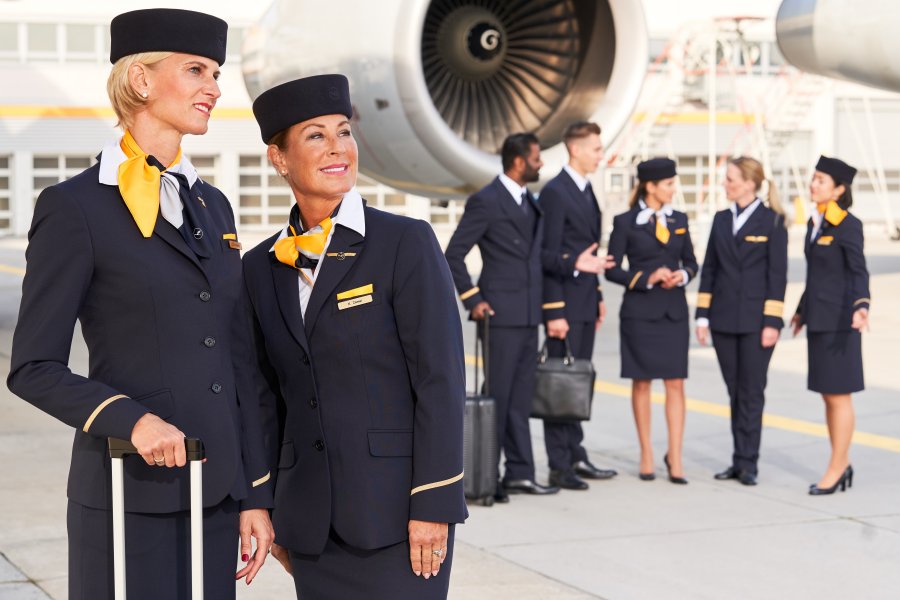How Does Online Training Enhance Cabin Crew Preparedness?

Cabin crew members are responsible for much more than just customer service on board. They must be ready to act quickly and correctly in any situation. This includes medical issues, turbulence, fires, and emergency landings. Strong training is key to building the confidence needed to make fast decisions. Online learning has made it easier for crew members to keep their skills sharp no matter where they are. The cabin crew training courses now available give learners flexible access to important lessons. These programs are designed to support both new and experienced staff members. By offering clear content and regular updates, they help crews stay prepared and focused. These online courses are more than just a digital copy of classroom lessons. They are built to support how crew members think, act, and work together in real-life situations.
Flexible Learning That Fits Airline Schedules
Cabin crew often work long hours and travel between time zones. Finding time for in-person lessons can be difficult with such a fast-paced lifestyle. Online training allows crew members to learn whenever and wherever they can. They can review safety procedures during a layover or while resting at home. This kind of flexibility helps reduce stress around scheduling. The training becomes something crew members can do at their own pace. It also gives them time to review parts they find more difficult. With steady access to learning, crews are better prepared for daily and emergency tasks.
Realistic Lessons That Match Onboard Situations
The best online training tools use real examples from the cabin. These lessons are built to match what crew members face in the air. From handling medical events to keeping order during turbulence, each topic is based on actual scenarios. Clear visuals, sounds, and step-by-step guidance make it easier to remember key steps. The goal is to help crew members picture what to do before something happens. That kind of mental practice helps them stay calm and focused. The more they see and work through these examples, the better they perform in real life. Good training makes every move feel like second nature.
Strengthens Team Roles and Communication
A strong team is one that can work together without confusion. Online courses help build a clear understanding of each crew member’s role. Everyone learns what is expected of them during a routine flight or emergency. This builds trust among team members and supports smooth communication. Clear roles mean faster action and better decisions when time matters most. Online training also teaches how to listen, speak clearly, and respond to others during a crisis. These soft skills are just as important as knowing how to open a door or use safety tools. When training covers both tasks and teamwork, the crew becomes stronger as a group.
Consistent Quality Across All Crew Members
One big benefit of online learning is that every crew member receives the same level of training. Classroom sessions can vary depending on who is teaching and how much time is available. Digital courses follow a fixed structure and are often reviewed by safety experts. This helps make sure no important steps are skipped or misunderstood. It also means airlines can track progress and know who has completed each section. Everyone ends up with the same base of knowledge and skills. That consistency builds a safer work environment for both crew and passengers. It also supports airline standards and regulatory requirements.
Supports Ongoing Growth and Quick Updates
Safety rules and best practices change over time. Online platforms allow for fast updates without waiting for a new classroom cycle. When a rule changes or new tools are added, digital lessons can be refreshed right away. Crew members can stay current without needing to attend another in-person session. This helps everyone stay sharp and informed. Learning becomes part of the job rather than a once-a-year event. Quick updates also give crew members more trust in the material they are using. Knowing the training is current helps build trust in the process and the employer.
Online training gives cabin crew a modern way to stay ready for anything they may face in flight. These programs bring structure, clarity, and convenience to a job that demands fast thinking and strong teamwork. With lessons based on real situations, crew members learn how to act, respond, and support each other in a range of events. Flexible schedules make training easier to complete, even during busy travel times. The result is better communication, stronger performance, and more confident crews. Digital tools also keep information up to date and easy to reach. Cabin crews trained through these programs are ready for the job every day. When the training is solid, safety and service both improve.





